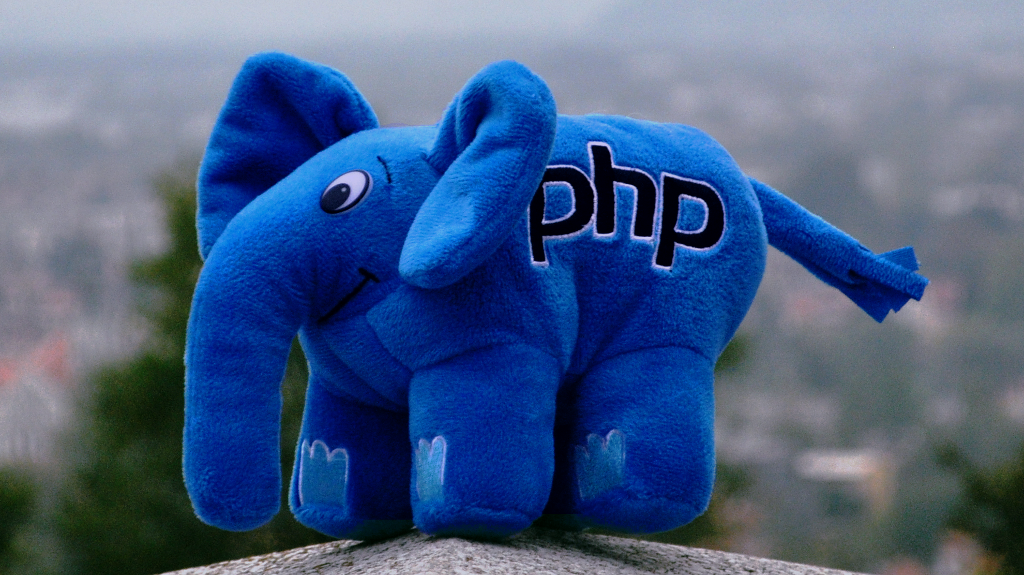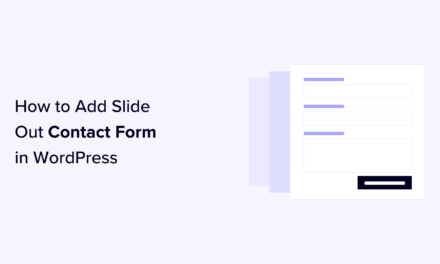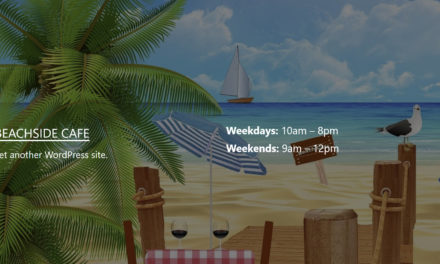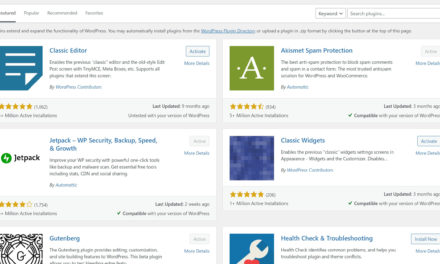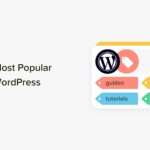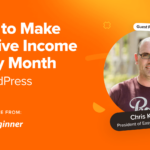This week the web is celebrating 25 years since Rasmus Lerdorf released version 1.0 of his “Personal Home Page Tools (PHP Tools).” PHP is now used by 78.9% of all the websites whose server-side programming language W3Techs can detect. (This includes sites in the Alexa top 10 million or in the Tranco top 1 million list.) WordPress makes up a large portion of these sites (37.3% of websites), but many popular sites like Facebook, Wikipedia, and Yahoo, still use PHP in some form.
Although PHP may not be the most fashionable programming language, it is still dominating the web, albeit on a slow decline. It may have already hit its peak usage at 80.6% in January 2015, but PHP keeps getting faster and better with each release.

In a 2017 interview on the Mapping the Journey podcast, Matt Mullenweg explained some of the reasons he was first attracted to PHP.
“PHP is amazing in its ubiquity,” he said. “Part of the reason I switched to it from Perl and Python and other things that I wrote early on, is…its integration with Apache web servers, which is so darn easy. You didn’t have to mess with file permissions and everything else in the same way, and then every web host supporting it also makes distribution easy.”
The ease of finding hosting for PHP-based sites is one of the contributing factors to its large marketshare among server-side languages. Mullenweg said he appreciated how PHP and MySQL provided a platform on which people could easily run WordPress from anywhere in the world.
“Even to this day, even though a lot of Automattic’s work is now in Go, Node, or JavaScript or different things, it’s still nothing beats PHP for its server-side scalability and distribution,” Mullenweg said. “So, we still plan for the server side of WordPress to be in PHP for the foreseeable future.”
Mullenweg reaffirmed his dedication to PHP during a Q&A session at WordCamp Europe in 2019. When he was asked how he plans to balance chasing the new and shiny with all of WordPress’ existing legacy APIs, he said, “PHP is going to be crucial to us for many years to come.”
Although WordPress site owners have historically been slow to adopt newer versions of PHP, the Site Health infrastructure that was put in place last year has brought greater awareness to users about the importance of upgrading. The PHP update instructions, along with better protection for fatal errors, makes it easier than ever for users to contact their hosts about getting on newer versions.
Juliette Reinders Folmer, a prolific contributor to a number of widely used, PHP-based open source projects, including WordPress, wrote a short tribute to the programming language on the make.wordpress.org/core blog on its 25th birthday.
“PHP has evolved hugely, with the Zend Engine seeing the light in PHP 4, much improved support for object-oriented programming being added in PHP 5, and huge performance improvements being gained with the rewritten engine in PHP 7,” Reinders Folmer said.
“By now, PHP is a fully featured programming language and developers are eagerly looking forward to the release of PHP 8, expected towards the end of this year.
“The WordPress community owes a massive debt of gratitude to PHP, so please join me in thanking all the developers behind PHP and in wishing PHP a happy birthday and many happy returns!”

